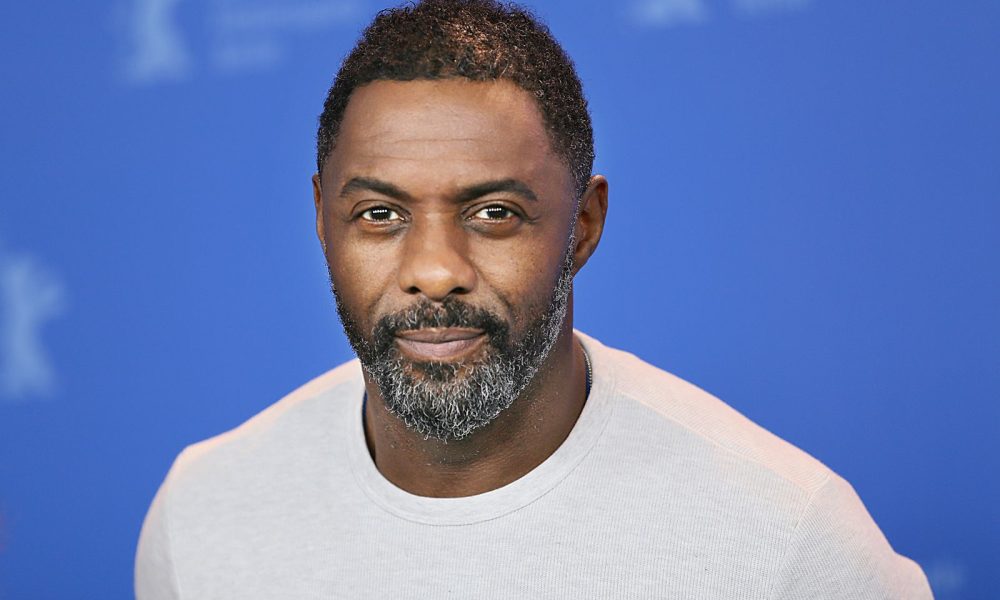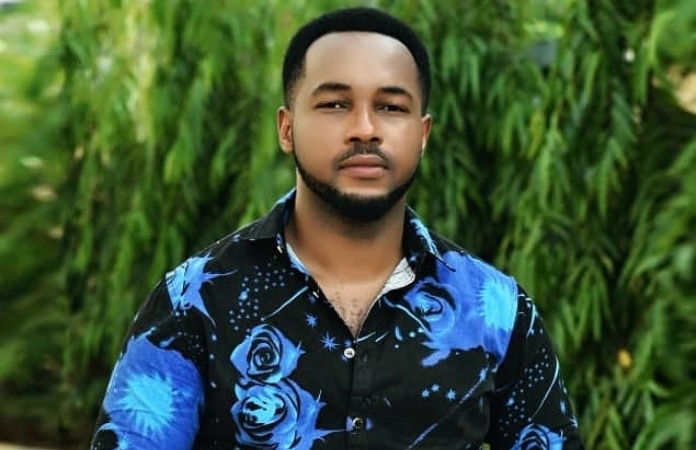Idris Elba’s African Dream: The British Actor’s Plan to Relocate and Boost the Continent’s Film Industry
Renowned British actor Idris Elba has revealed ambitious plans to relocate to Africa within the next decade. His goal is to make significant contributions to the continent’s growing film industry, which he believes has the power to change global perceptions of Africa.
The actor, whose parents hail from Ghana and Sierra Leone, voiced his intentions during a film industry event in Accra, Ghana. He expressed his commitment to establishing film studios in Zanzibar, Tanzania, and Accra, with the long-term goal of boosting African filmmaking.
Elba emphasized the importance of African narratives, stating that he sees his relocation as inevitable. “I would certainly settle down here; it’s going to happen,” he said. He plans to make the move within the next five to 10 years, God willing. “I need to be in-country, on the continent to bolster the film industry – it’s a 10-year process,” he clarified.
The actor, set to star in a TV adaptation of Chinua Achebe’s acclaimed novel Things Fall Apart, plans to live in various African cities, including Accra, Freetown, and Zanzibar, where storytelling thrives. “I’m going to live in Accra, I’m going to live in Freetown, Sierra Leone’s capital, I’m going to live in Zanzibar. I’m going to try and go where they’re telling stories – that’s really important,” he said.
Elba is dedicated to using his influence to elevate the African film industry, describing it as a form of “soft power” that can shape global perceptions of the continent. He believes that by preserving and sharing Africa’s rich cultural diversity, languages, and traditions, the industry can make a significant impact.
Elba emphasized the importance of showcasing Africa’s many stories, moving beyond the typical narratives of trauma, slavery, and colonization. “If you watch any film or anything that has to do with Africa, all you’re going to see is trauma. But when you come to Africa, you’ll realize that’s not true,” he said. “So, it’s really important that we own those stories of our tradition, of our culture, of our languages, of the differences between one language and another. The world doesn’t know that.”
The actor dreams of one day filming in his Accra studio, highlighting the potential of locally produced stories. “We have to invest in our storytelling because when you see yourself in me, you see a little version of yourself, and that encourages us,” he said.



